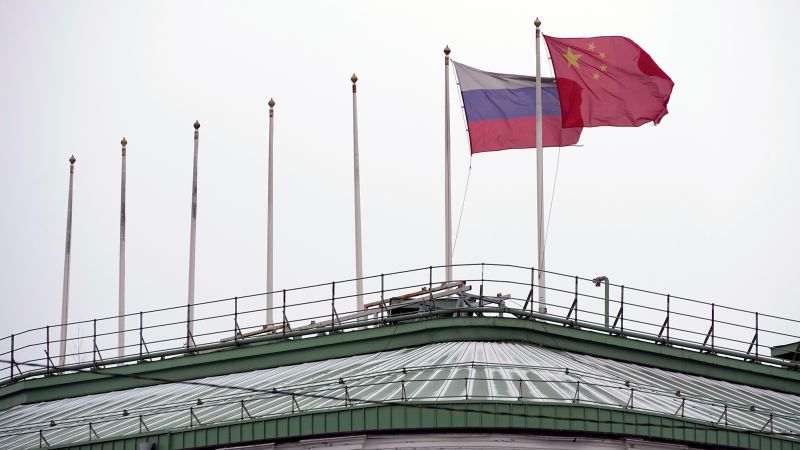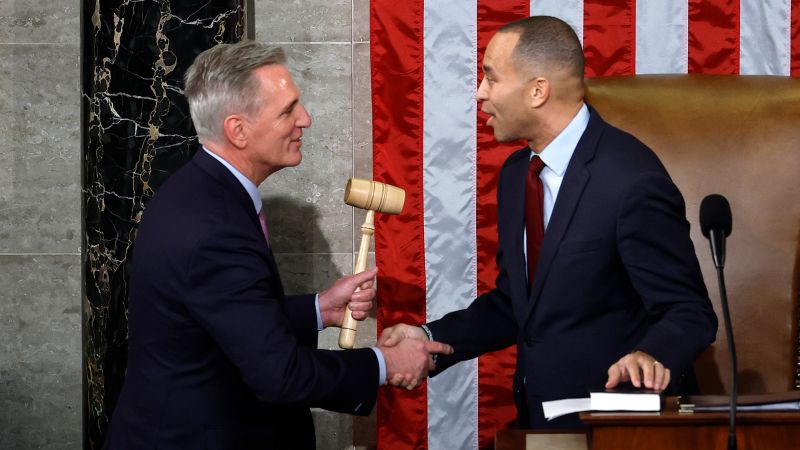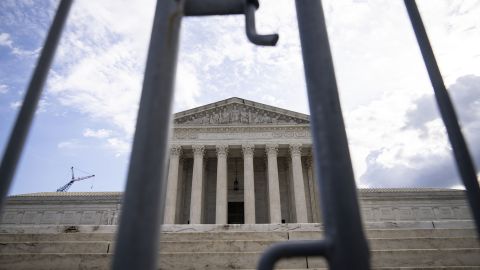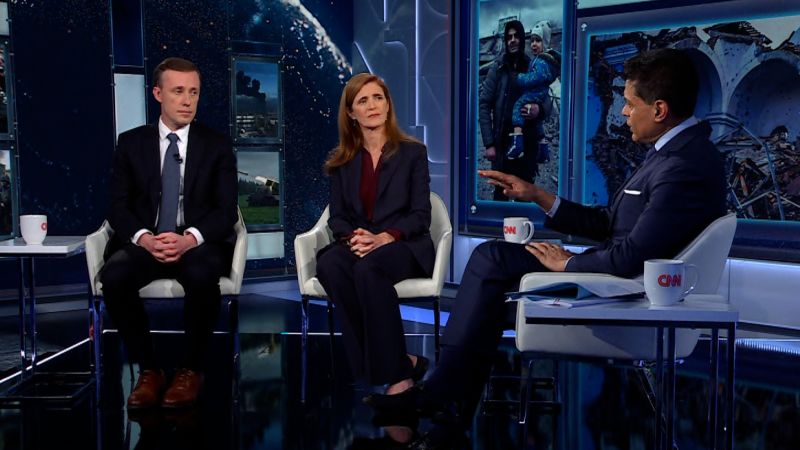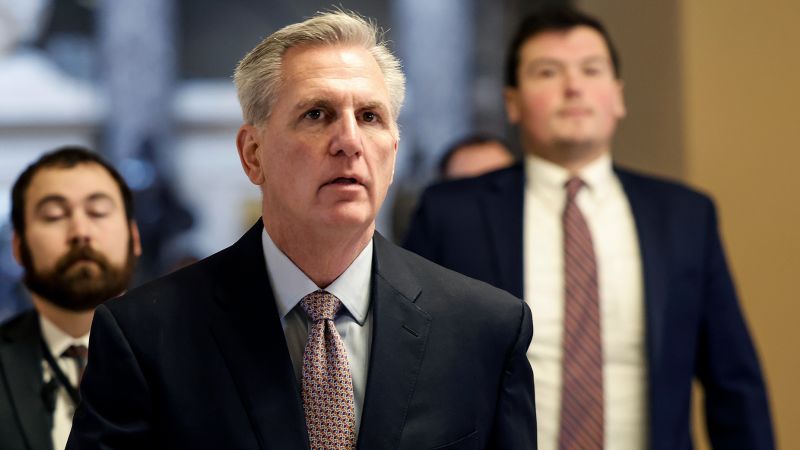Washington
CNN
—
The US has intelligence that the Chinese government is considering providing Russia with drones and ammunition for use in the war in Ukraine, three sources familiar with the intelligence told CNN.
It does not appear that Beijing has made a final decision yet, the sources said, but negotiations between Russia and China about the price and scope of the equipment are ongoing.
Since invading Ukraine, Russia has repeatedly requested drones and ammunition from China, the sources familiar with the intelligence said, and Chinese leadership has been actively debating over the last several months whether or not to send the lethal aid, the sources added.
US intelligence officials have collected information in recent weeks, however, that suggests China is now leaning towards providing the equipment. The US and its allies last week began publicly warning about China’s potential military support to Russia in an effort to deter Beijing from moving ahead with it and crossing a point of no return in terms of being seen as a pariah on the world stage, US officials said.
US officials would not describe in detail what intelligence the US has seen suggesting the recent shift in China’s posture, but senior officials have been concerned enough that they have been actively sharing the intelligence with allies and partners over the last week.
The National Security Council and State Department declined to comment and CNN has asked the Chinese and Russian embassies in Washington for comment.
Asked on Friday about the potential sale of lethal equipment to Russia, foreign ministry spokesperson Wang Wenbin said in a daily briefing that “China has always taken a prudent and responsible approach to military exports and does not provide any arms sales to conflict areas or belligerents.”
The provision of drones and ammunition – which would likely be for small arms like handheld weaponry rather than larger artillery, the sources said – would mark a significant escalation of China’s support for Russia, which to date has been largely limited to Chinese companies providing non-lethal equipment like helmets, flak jackets, and satellite imagery to Russian forces.
It would also provide a potentially significant boost to Russian capabilities at a critical moment. Russian fighters are running so low on ammunition that Yevgeny Prigozhin, head of the Russian mercenary group Wagner, on Wednesday published photos of several dozen dead Wagner fighters and publicly blamed their deaths on the Russian Ministry of Defense’s inability to supply them with enough ammunition.
The German publication Der Spiegel first reported that China may provide attack drones to Russia.
“The concern that we have now is based on information we have that they’re considering providing lethal support, and we’ve made very clear to them that that would cause a serious problem for us and in our relationship,” Secretary of State Antony Blinken said on last weekend.
Blinken’s Chinese counterpart, Wang Yi, responded to the US’ allegations earlier this week, saying that China’s position on Ukraine “can be simply put as promoting peace talks.”
“China will continue to firmly stand on the side of dialogue and peace and play a constructive part in easing the situation,” he said. China also proposed a “peace plan” for the Ukraine war on Friday that US officials remain highly skeptical of.
Russia has purchased hundreds of weapons-capable drones from Iran in recent months but is burning through them quickly with repeated attacks on Ukrainian infrastructure and civilian areas.
To date, Beijing has been hesitant about providing lethal equipment that might be traced back to China because of the risk of international blowback, and Beijing still wants the provision of any equipment to Russia to be deniable and ideally non-attributable, the sources said.
That is why much of the non-lethal support that has gone to Russia’s military to date has been small and done through Chinese companies. As CNN previously reported, the Biden administration has confronted Beijing directly about that military assistance to ascertain how complicit the central government has been.
But the lines between public and private entities in China are negligible, the sources said, and US intelligence suggests that Beijing has been using the companies for plausible deniability.
The US has also begun seeing “disturbing trend lines” in China’s support for the Russian military, officials said.
Wang visited Russia this week and Chinese President Xi Jinping is set to meet with Russian President Vladimir Putin in Moscow in the coming months.

